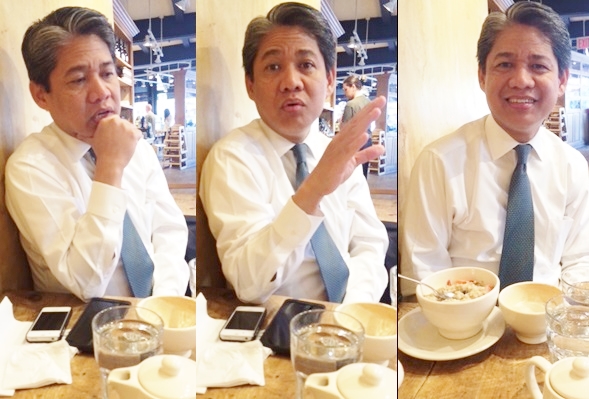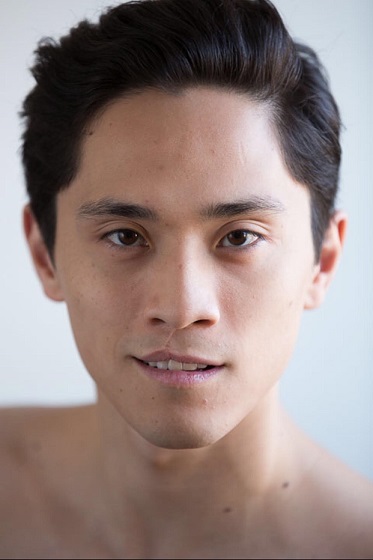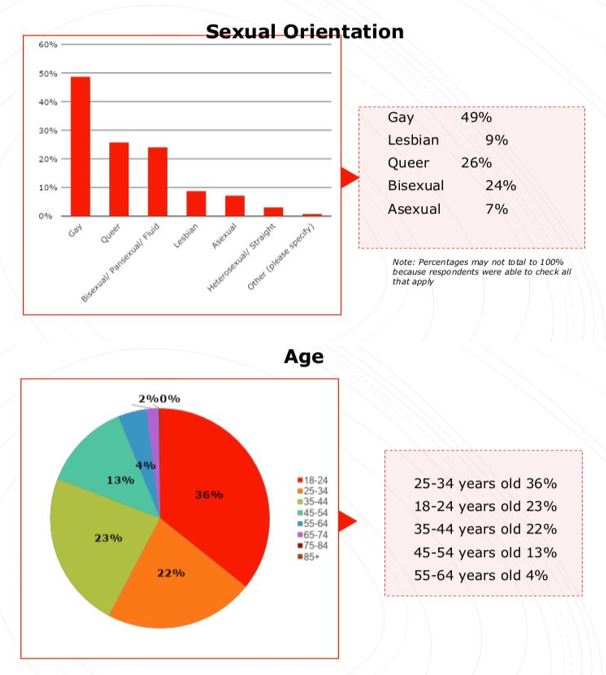Mental health, STD prevalent among LGBTQ Asians: 2023 Apicha report; Dermatology is an emerging issue
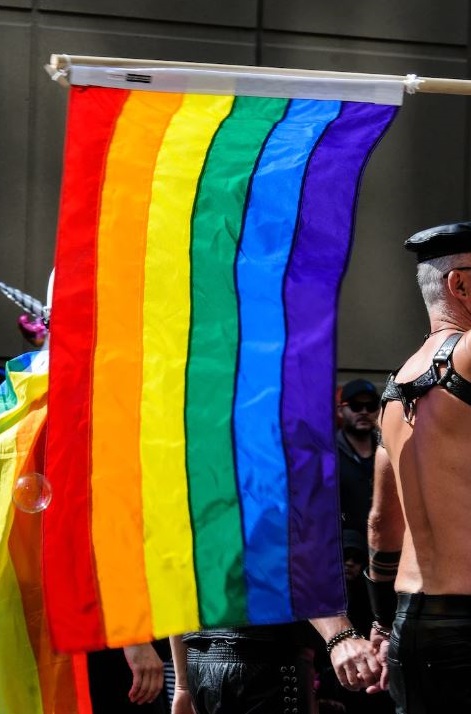
By Glenn Magpantay, Esq.
On the cusp of LGBTQ Pride Month and Asian Pacific American Heritage Month, Apicha Community Health Center (CHC) unveiled on May 31 the results of its yearlong study to address the health and wellness needs of New York City’s lesbian, gay, bisexual, transgender, and queer (LGBTQ) Asian, Asian American, South Asian, Southeast Asian, and Pacific Islander (API) communities.
The needs of LGBTQ API people still remain overlooked. Many studies have examined the needs of LGBTQ people or APIs, but few have examined the needs of those living at the intersection and specifically in New York City. Many Asian American healthcare providers are reluctant to provide services to LGBTQ people. LGBTQ providers often only speak English or do not understand culturally specific API experiences. Apicha CHC provides culturally-competent, linguistically-appropriate, and LGBTQ-sensitive care to the most vulnerable New Yorkers.
This study contributes to the larger body of literature and studies that assess the health or wellness of LGBTQ or API communities. But Apicha CHC’s study adds a more precise intersectional analysis. It also builds off of and addresses needs that might have been missing in the New York City Department of Health and Mental Hygiene’s acclaimed 2021 report, Health of Asians and Pacific Islanders in New York City.
The most prevalent health and wellness needs of New York City’s LGBTQ API community are:
- Mental Health Services
- Testing for STDs / HIV/AIDS
- Sexual Health & Hygiene
- Dermatology
- Culturally-competent, bilingual, LGBTQ-sensitive, and nonjudgmental healthcare providers
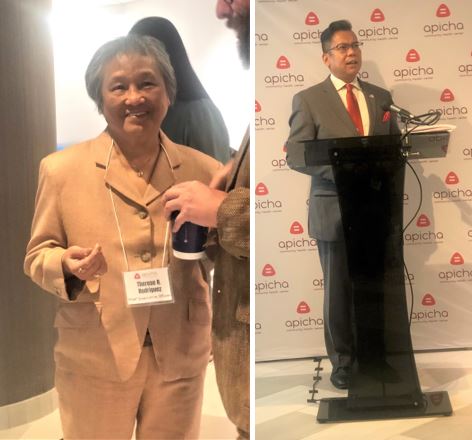
Mental health services often include the need for culturally competent, bilingual, LGBTQ-sensitive, and nonjudgmental psychotherapists or peer support groups. Treatments for depression, anxiety, Attention Deficit Disorder (ADD), Attention Deficit Hyperactivity Disorder (ADHD), Obsessive-Compulsive Disorder (OCD), and Post-Traumatic Stress Disorder (PTSD) are also highly ranked. Other wellness needs are treatment for addiction (e.g., smoking, alcohol, crystal meth, etc.) and finding LGBTQ-sensitive providers.
Apicha CHC currently incorporates mental health in its primary care services. An expansion of services is needed to provide free psychotherapy, regular peer-support groups for vulnerable or struggling individuals facing similar challenges, and psychiatrists who can diagnose and prescribe necessary psychotropic medications.
Testing for STDs / HIV/AIDS and Sexual Health & Hygiene were both listed as recurrent needs. Respondents repeatedly identified the need for free testing for STDs / HIV/AIDS, especially more often than every six months. Apicha CHC currently provides free testing for STDs / HIV/AIDS, but respondents did not know of this service. Expanded promotion and communication to inform the LGBTQ API community of Apicha CHC’s free testing for STDs / HIV/AIDS is needed.
Sexual Health & Hygiene arose as a need that is best addressed through public health education. This priority often arose in the survey as “anal health,” but focus groups revealed that this was part of a larger need for overall sexual health, hygiene, and care. An emerging need is for family planning contraception and pregnancy testing. With the advent of PrEP, PEP, and increased sexual activity, anal sex has become more prevalent. The need for more regular free testing for STDs / HIV/AIDS and greater awareness on Sexual Health & Hygiene was voiced several times, especially by more vulnerable populations such as youth, immigrants, sex workers, and those in the kink/leather/BDSM communities.
Dermatology was ranked as a new emerging need (following Mental Health, STD / HIV/AIDS testing, and Sexual Health) in the survey. It was identified from a list of services that Apicha does not address in-house, but makes referrals for. Dermatology was also mentioned in focus groups and interviews. Respondents commented that occasional skin rashes, itchy skin thought to be eczema, skin growths, or skin breaks in the genital area required a specialist in dermatology for diagnosis and treatment.
The most prevalent social determinantsof health that frustrate access to these needs are:
- Lack of culturally competent, bilingual, LGBTQ-sensitive, and nonjudgmental healthcare providers
- Lack of insurance or navigating insurance bureaucracy, such as finding providers covered by one’s insurance
- Finances; specifically high co-pays, deductibles, or the need to self-pay for mental health services. Many LGBTQ APIs are paying out of pocket for therapy from LGBTQ-affirming therapists of color.
Few respondents said that they had no insurance. Apicha CHC’s own efforts to sign up LGBTQ APIs for health care under the Affordable Care Act, along with the numerous “health care navigators” in both the LGBTQ and API communities in New York City seem to have been effective. However, problems with navigating insurance policies and finding a provider covered by insurance are widespread.
Glenn Magpantay, Esq. is the study’s Principal Investigator. He provided insights into the study’s findings and their implications for LGBTQ Asian communities in a May 31 press briefing.









